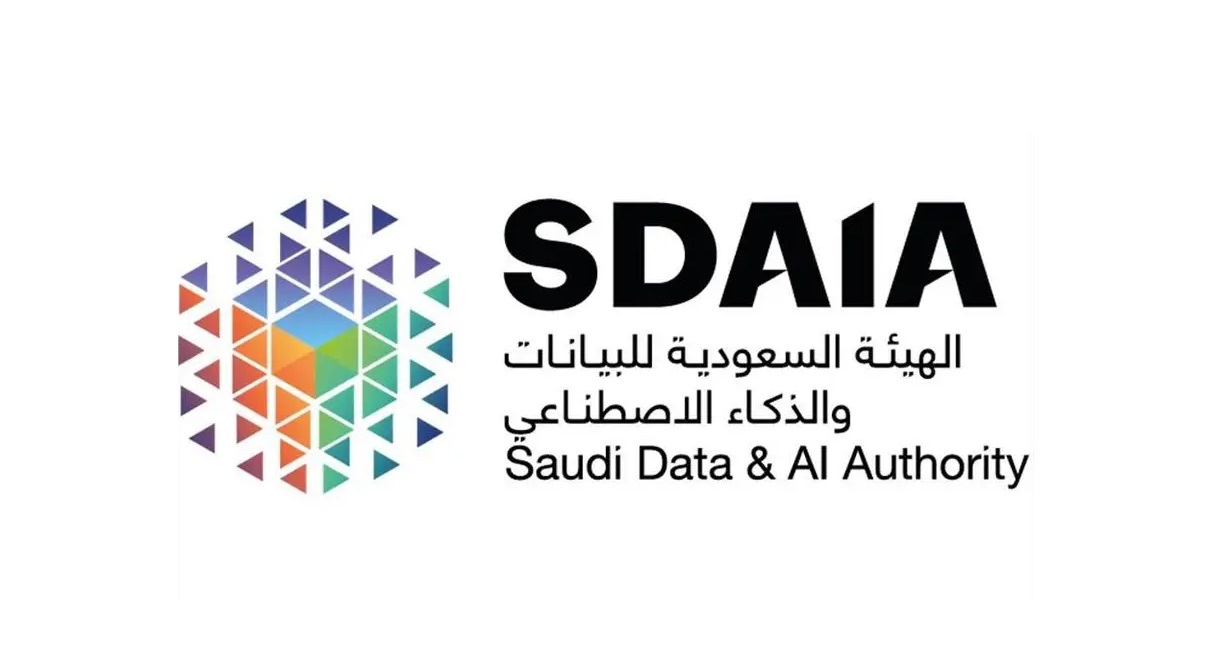
SDAIA Supports Saudi Arabia’s Leadership in Shaping Global AI Ethics, Policy, and Research
The Kingdom of Saudi Arabia, through the Saudi Data and AI Authority (SDAIA), is promoting ethical AI principles globally in alignment with the United Nations Educational, Scientific and Cultural Organization's (UNESCO) AI ethics recommendations, supported by 193 countries in November 2021, by taking a leading role in establishing principles and frameworks that govern the ethical use of AI in relation to human values.
As a result of these efforts, several international accomplishments have emerged, including the declaration of the Riyadh Charter on Artificial Intelligence for the Islamic World and the establishment of the International Center for Artificial Intelligence Research and Ethics (ICAIRE) in Riyadh, which UNESCO has recognized as a Category 2 international center.
SDAIA supports the Kingdom's international efforts to shape the future of AI, with a strong commitment to ethical standards and human values that benefit all of humanity. While much of the global focus has been on explaining various AI applications and the challenges they pose, often overlooking social and human dimensions, SDAIA has actively addressed concerns about the ethical impact of these technologies raised during specialist meetings. In addition, SDAIA has contributed to the development of global AI ethics policies, which have been approved by leading international organizations, including UNESCO and the Islamic World Educational, Scientific and Cultural Organization (ICESCO).
From September 2024 to March 2025, ICESCO, in collaboration with SDAIA and the Saudi National Commission for Education, Culture and Science, unveiled the Riyadh Charter on Artificial Intelligence for the Islamic World. The charter was unanimously approved by all 53 Islamic member states of the organization, marking a significant achievement in establishing a shared ethical and strategic framework for AI within the Islamic world.
ICESCO has praised the charter as a significant accomplishment, highlighting the commitment of its member states to leveraging AI for societal benefit while adhering to international governance frameworks and ethical standards. It emphasized that the charter provides a guiding framework to help member states keep pace with rapid advancements in AI through a cohesive strategic vision, serving as a foundation for the responsible use of AI, the upholding of ethical principles, and the promotion of a sustainable digital future.
The Cabinet’s approval of the establishment of ICAIRE in Riyadh, along with its recognition by UNESCO as a Category 2 center, represents a major national milestone that reinforces the Kingdom’s international efforts in support of the United Nations Sustainable Development Goals (SDGs), particularly in raising awareness of AI ethics and providing advisory support on AI policies, in accordance with UNESCO's recommendations.
SDAIA has presented principles of AI ethics to guide organizations in using these technologies responsibly. These principles include integrity, fairness, privacy, security, reliability, safety, transparency, interpretability, accountability, responsibility, humanity, and social and environmental benefit.
Recognizing the numerous advantages that generative AI technologies offer to businesses at both the institutional and individual levels, SDAIA has worked to promote the positive aspects of generative AI while addressing its associated risks. In this context, SDAIA has introduced a guidelines document for the private sector, non-profit sector, and individuals on the use of generative AI tools. It underscored the importance of applying these principles and adopting preventive measures to avoid copyright issues.
SDAIA released the document as a comprehensive set of guidelines for the responsible use and processing of data in generative AI tools. Featuring illustrative examples from common scenarios, it highlights key challenges and considerations while aligning with the Kingdom’s existing regulations and policies to support compliance.








